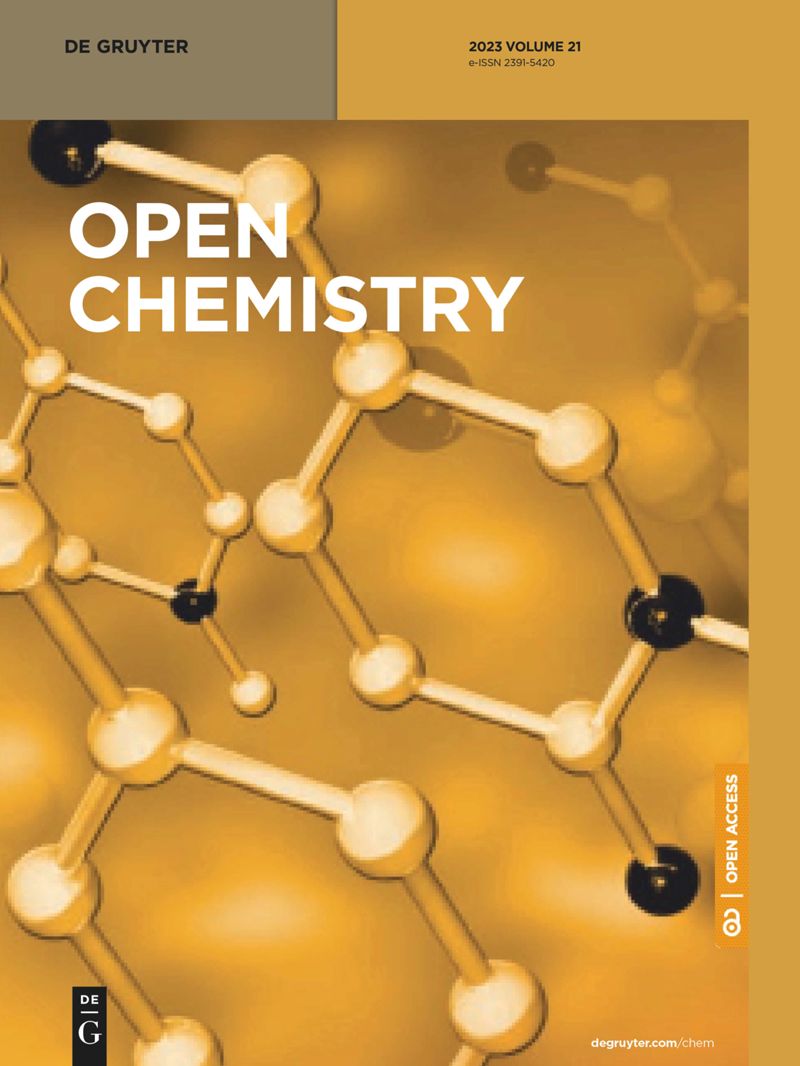Performance repair of building materials using alumina and silica composite nanomaterials with electrodynamic properties
IF 1.9
4区 化学
Q3 CHEMISTRY, MULTIDISCIPLINARY
引用次数: 0
Abstract
In recent years, the service life of building materials has become the focus of attention. Among them, the service life of concrete and steel bars is particularly affected by the corrosion of external ions (such as Cl使用具有电动特性的氧化铝和二氧化硅复合纳米材料对建筑材料进行性能修复
近年来,建筑材料的使用寿命已成为人们关注的焦点。其中,混凝土和钢筋的使用寿命尤其受到环境中外部离子(如 Cl-)腐蚀的影响。为了解决这一问题,一种新型的复合纳米胶体通过可控的制备方法被制备出来。该复合纳米胶体以氯化铝溶胶和二氧化硅溶胶为原料制备而成。所制备的胶体粒子粒径分布在 10.5 至 17.5 nm 之间,具有良好的稳定性和分散性。为了验证复合纳米胶体对建筑材料性能的改善作用,实验研究了它对混凝土孔隙率和钢筋防腐性能的影响。结果表明,用复合纳米胶体处理过的混凝土吸湿除湿速度较慢,孔径分布主要集中在 100-1000 nm,说明胶体能有效优化混凝土的孔隙结构。此外,处理后的钢板样品在电化学测试中显示出较高的交流阻抗值和较低的腐蚀电流对数值,表明复合纳米胶体对钢筋腐蚀具有显著的保护作用,可有效改善建筑材料的性能,延长其使用寿命。
本文章由计算机程序翻译,如有差异,请以英文原文为准。
求助全文
约1分钟内获得全文
求助全文
来源期刊

Open Chemistry
CHEMISTRY, MULTIDISCIPLINARY-
CiteScore
3.80
自引率
4.30%
发文量
90
审稿时长
6 weeks
期刊介绍:
Open Chemistry is a peer-reviewed, open access journal that publishes original research, reviews and short communications in the fields of chemistry in an ongoing way. The central goal is to provide a hub for researchers working across all subjects to present their discoveries, and to be a forum for the discussion of the important issues in the field. The journal is the premier source for cutting edge research in fundamental chemistry and it provides high quality peer review services for its authors across the world. Moreover, it allows for libraries everywhere to avoid subscribing to multiple local publications, and to receive instead all the necessary chemistry research from a single source available to the entire scientific community.
 求助内容:
求助内容: 应助结果提醒方式:
应助结果提醒方式:


